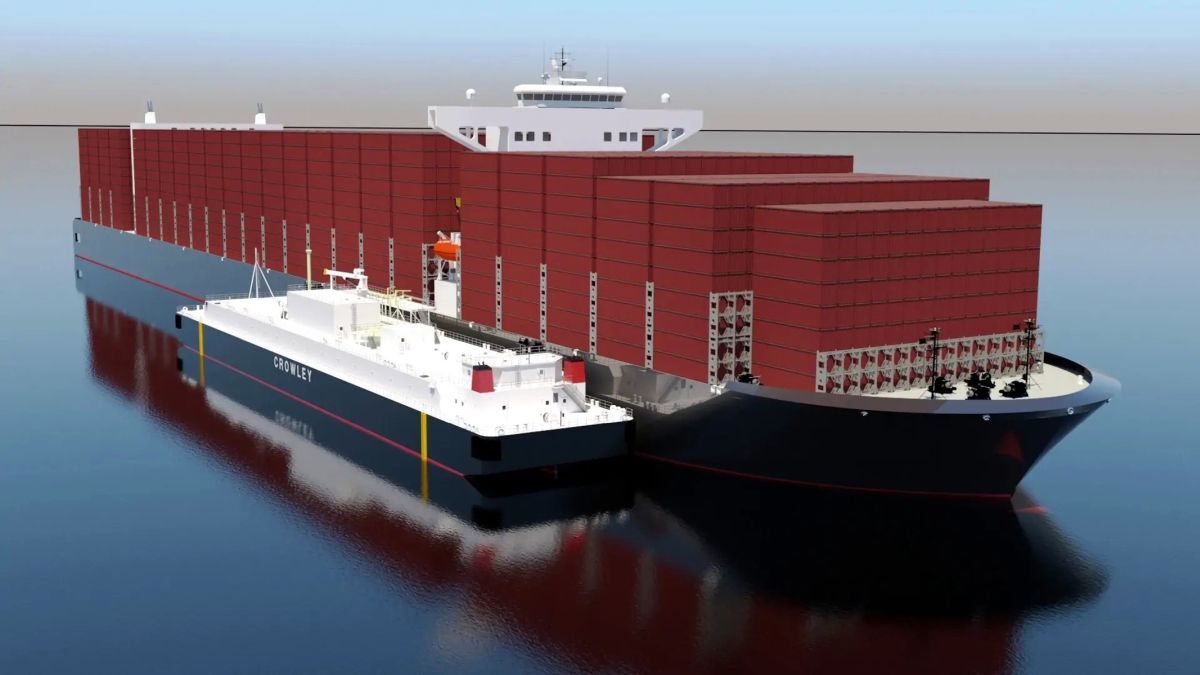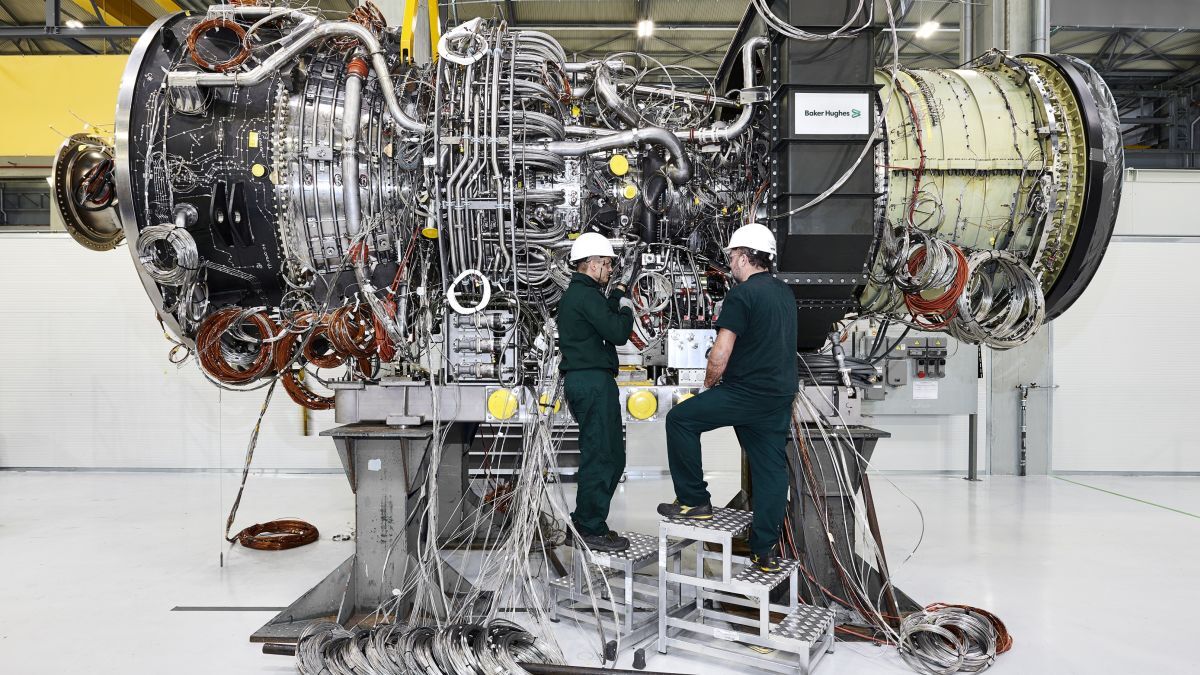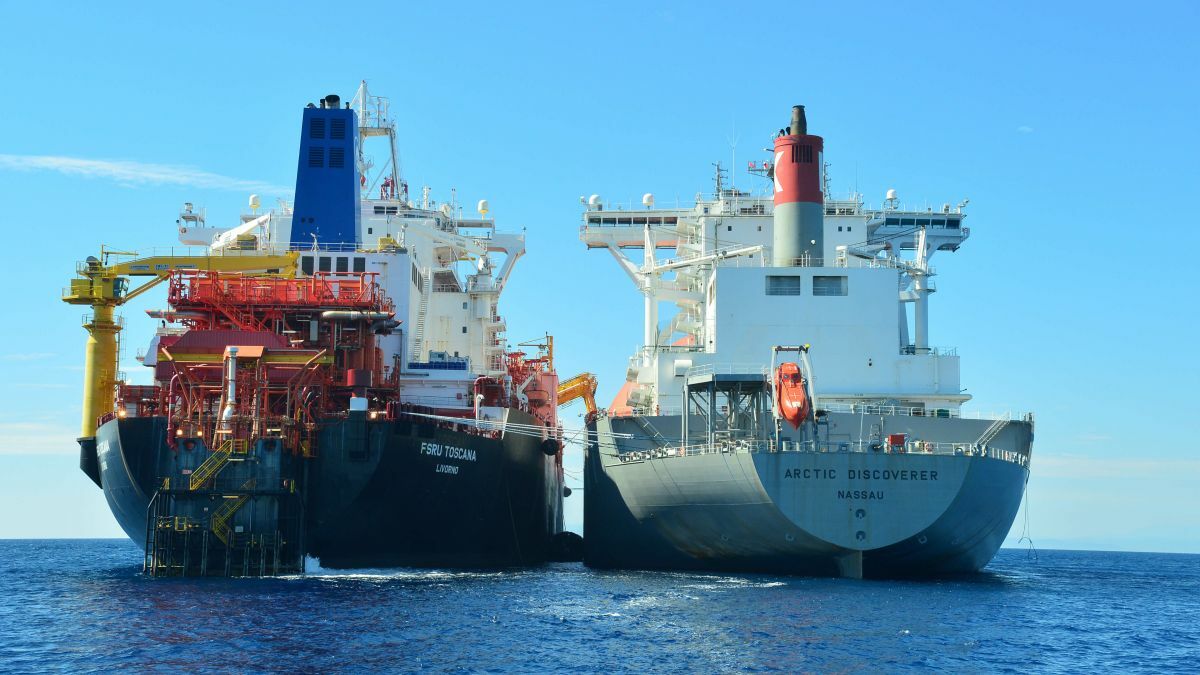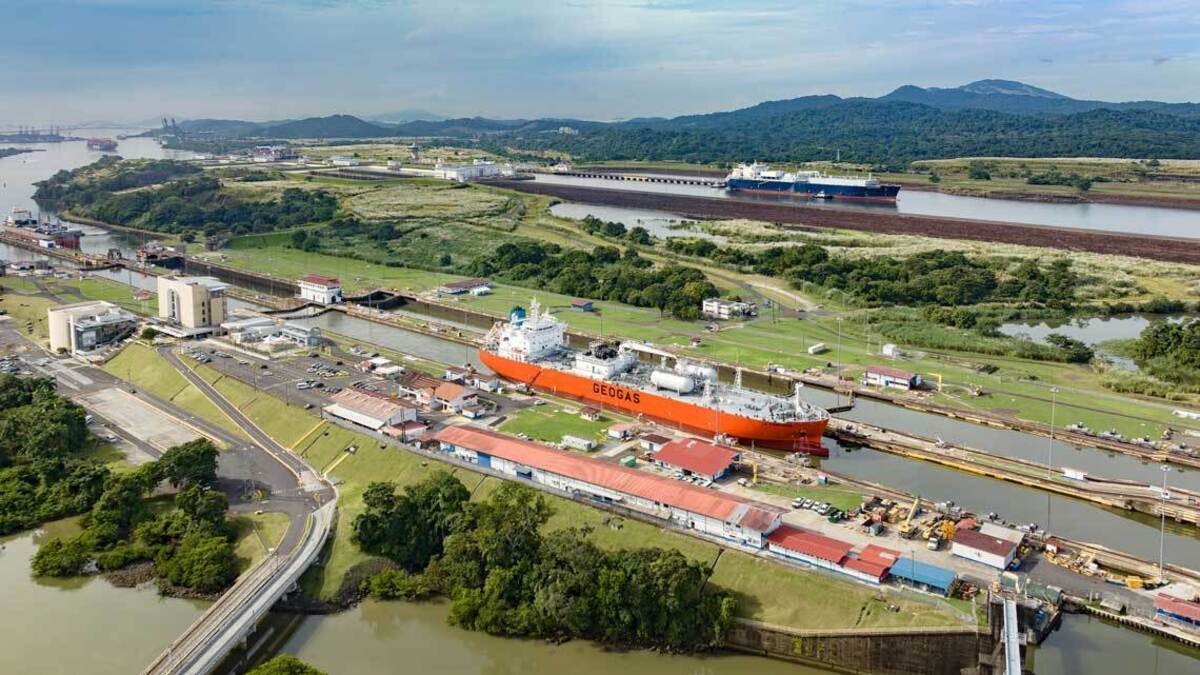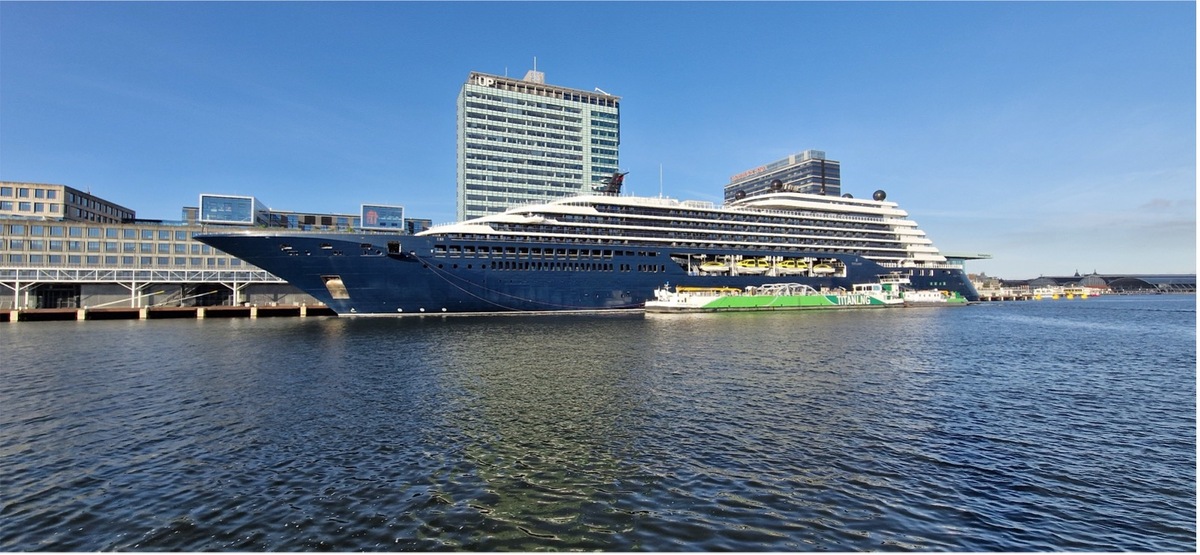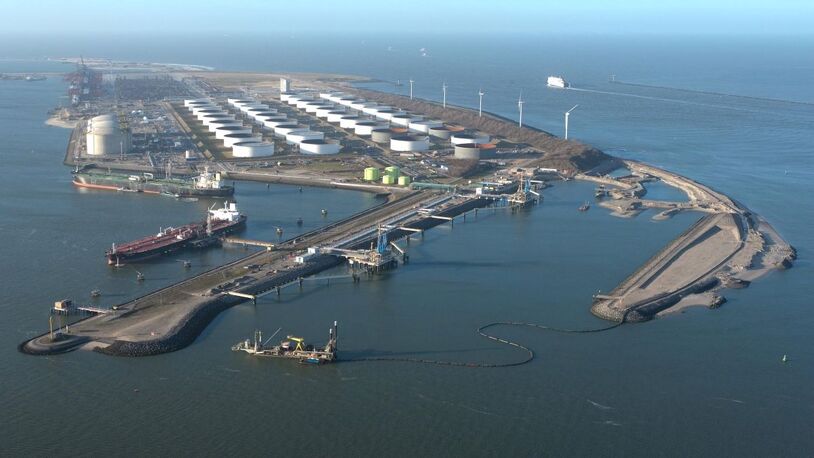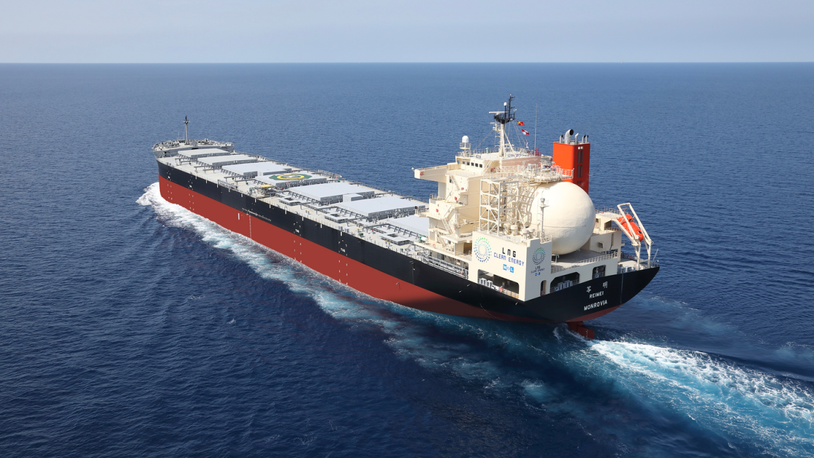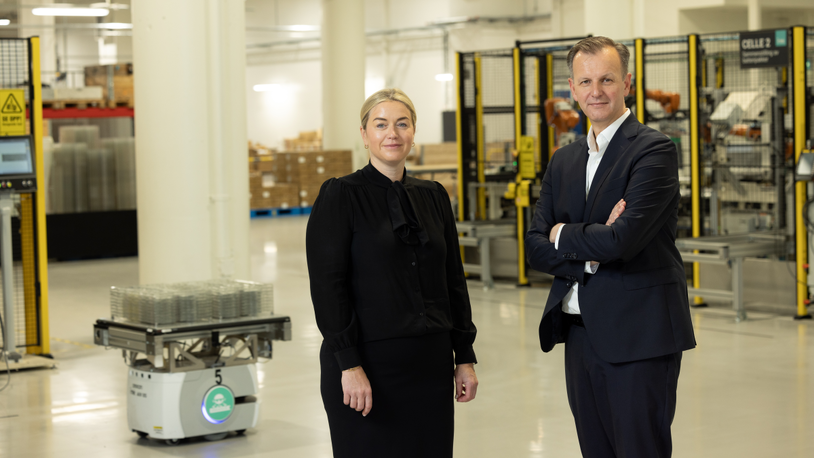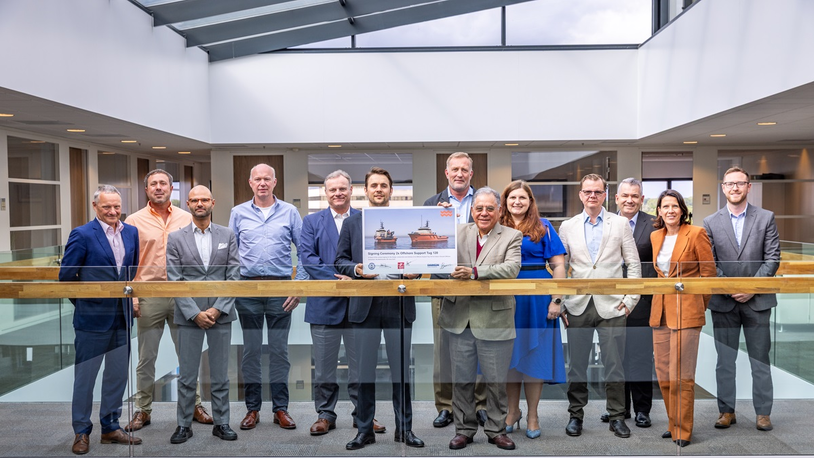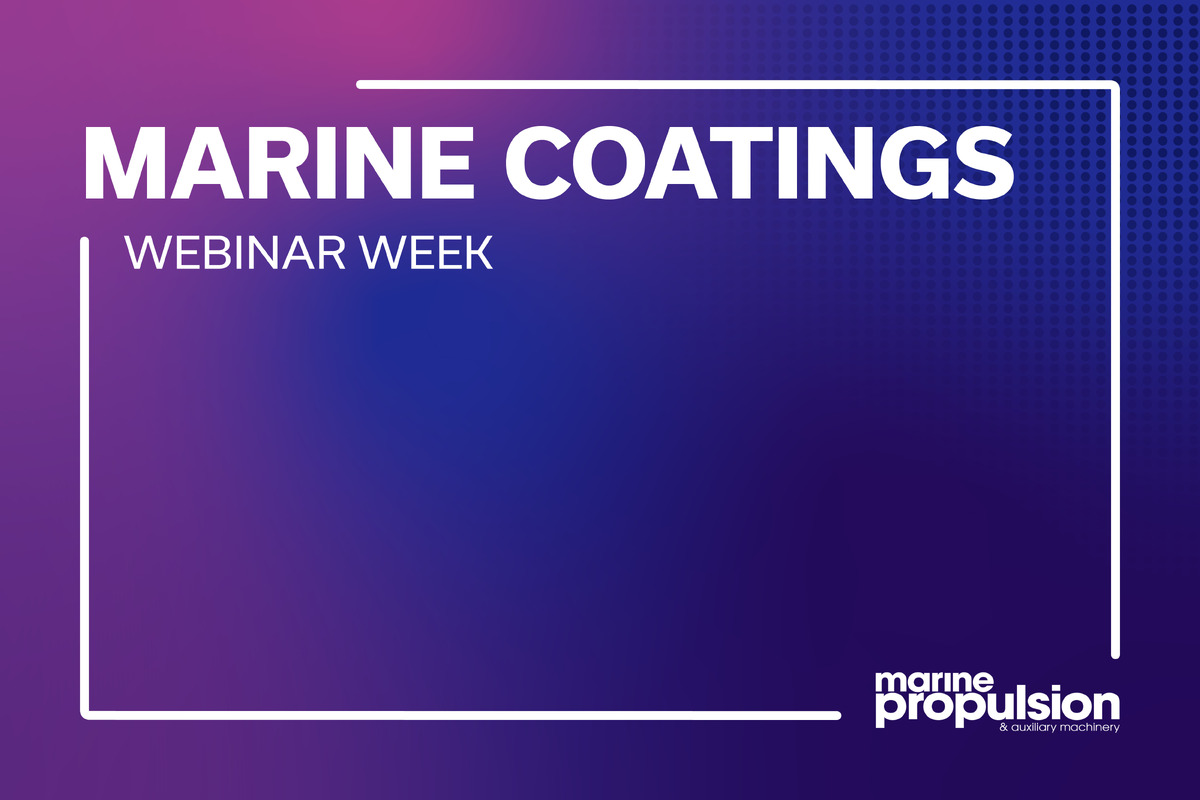Business Sectors
Contents
Register to read more articles.
Crowley and Shell team up on decarbonisation push
Shipping’s decarbonisation journey is at the heart of a new agreement between Shell and Crowley that lays the groundwork for broad collaboration on the development of low-emissions vessels and technology at US ports, including electrification and net-zero solutions at terminals
The memorandum of understanding (MoU) builds on the construction of Crowley’s 12,000-m3 LNG bunker barge – the largest of its type in the US – which will go on long-term charter to Shell NA LNG on the US east coast in 2024.
Further agreements could lead to Shell’s potential support of Crowley’s development of ‘lower-emissions solutions’ for a shoreside charging station at the Port of San Diego. The port will be home to Crowley’s all-electric ship-assist tug eWolf when it enters service in 2023. The 70-tonne bollard pull, battery-powered tug is under construction at Master Boat Builders in Coden, Alabama for delivery in mid-2023. In its first 10 years of operation, the all-electric tug is expected to cut emissions by 178 tonnes of NOx, 2.5 tonnes of diesel particulate matter, and 3,100 tonnes of carbon dioxide as compared with a conventional tug.
One of the largest privately held US shipowners, Crowley has ambitions of achieving net-zero emissions by 2050, which it hopes to underpin through collaboration with industry partners and its own R&D efforts.
Commenting on the MoU, Shell Shipping & Maritime Americas general manager Maarten Poort said Shell was excited about the opportunities to support Crowley on its decarbonisation journey.
While this MoU does not include partnering on LNG bunkering, “both organisations are actively working to explore providing LNG bunker solutions to the growing bunker market,” Crowley Shipping vice president, asset management Paul Manzi told Marine Propulsion & Auxiliary Machinery.
Crowley is working on a number of fronts besides LNG. It is assessing the appetite in North America for the low- and zero-carbon fuels methanol, hydrogen and ammonia.
“Crowley is keeping a close eye on the North American market for opportunities to provide other solutions that offer reduced emissions through alternative fuels as supply, infrastructure and the market develop,” said Mr Manzi.
Beyond eWolf, Crowley is looking to make additional investments in upgrading the emissions profile of its fleet. “We are looking to design and deploy electric tugs and electric hybrid tugs in conjunction with updating our conventional ship assist and escort fleet,” said Mr Manzi.
It is also investing in developing shipboard emissions-reduction technologies such as carbon capture.
“We see carbon capture as a possible tool for lowering carbon emissions,” said Mr Manzi. “Crowley’s inhouse research and development team is evaluating several different solutions for onboard carbon capture with a goal of entering into a pilot programme in the future.”
The Maritime Air Pollution & Fuel Technologies Conference, Americas will be held 21 April 2022. Register your interest and access more information here
Related to this Story
Events
LNG Shipping & Terminals Conference 2025
Vessel Optimisation Webinar Week
Marine Coatings Webinar Week
© 2024 Riviera Maritime Media Ltd.


